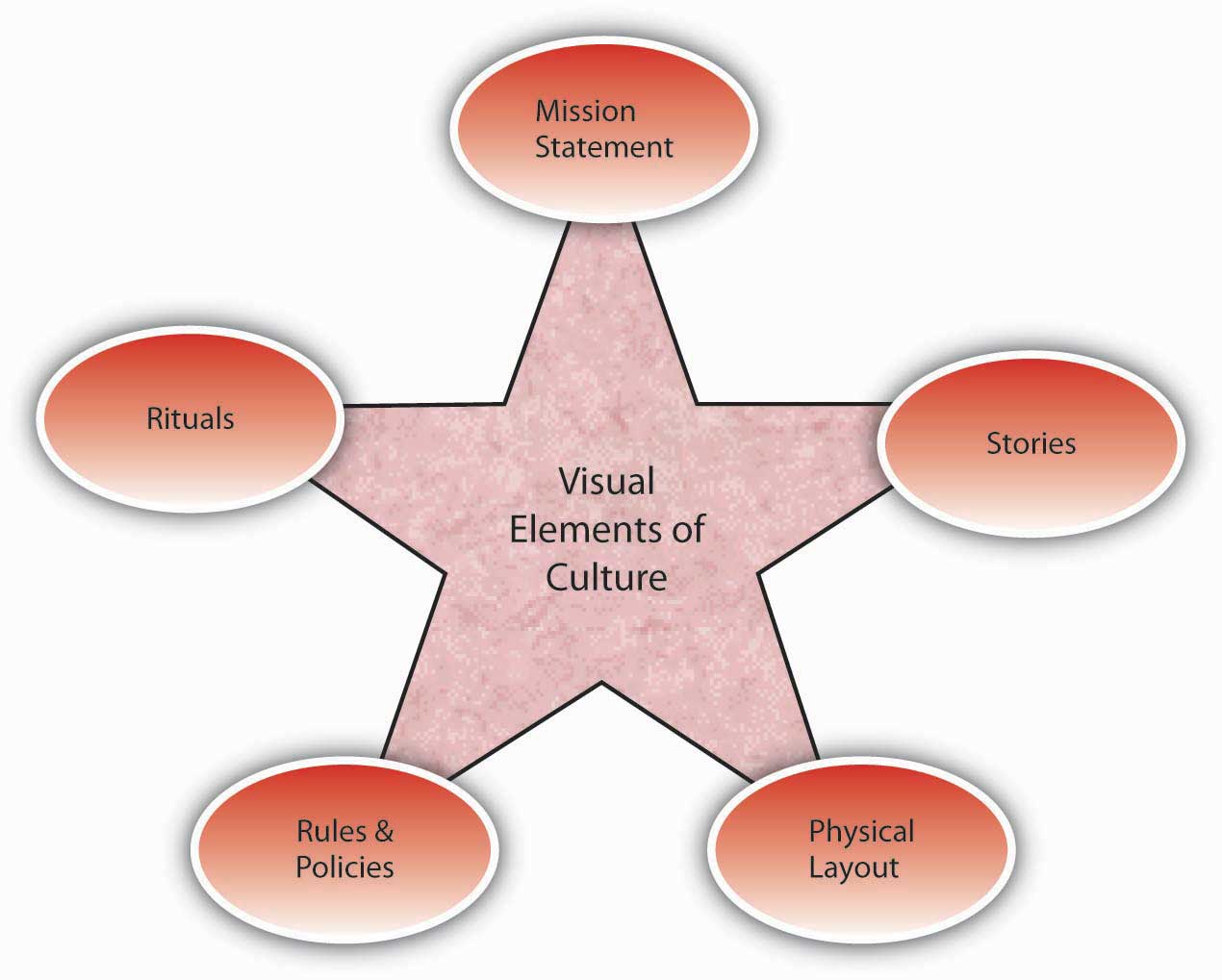Understanding Culture Shock
Culture shock refers to the psychological disorientation individuals experience when they encounter a cultural environment that is markedly different from their own. This phenomenon can emerge in various scenarios, including moving to a new country, transitioning to a different social setting, or engaging with diverse communities. The implications of culture shock are vast and multifaceted, as it encompasses emotional, cognitive, and behavioral dimensions. In this discourse, we shall explore the intricate layers of culture shock, its manifestations, associated coping mechanisms, and preventive strategies.
Types of Culture Shock
Culture shock can be categorized into several types, each characterized by unique challenges and emotional responses. These include:
- Initial Culture Shock: Often experienced during the early phases of relocation or immersion into a new culture. Individuals may experience feelings of excitement followed by confusion and disorientation as they confront unfamiliar customs, languages, and social norms.
- Reverse Culture Shock: This occurs when individuals return to their home culture after an extended absence. They may find that their beliefs, values, and lifestyle have evolved, leading to disconnection or discomfort within familiar surroundings.
- Secondary Culture Shock: As individuals become acclimated to the new culture, additional challenges may arise. These include deeper integration into social networks, where misunderstandings about cultural nuances can lead to complex emotional responses.
- Intercultural Miscommunication: This aspect focuses on misunderstandings stemming from differences in language and communication styles. It can lead to frustration and feelings of isolation as individuals struggle to convey their thoughts and emotions accurately.
Emotional Responses to Culture Shock
The emotional landscape of culture shock is both varied and intense. Individuals may experience a spectrum of feelings, including:
- Anxiety: Uncertainty about navigating a new environment can lead to heightened levels of stress. Individuals may worry about fitting in, making social connections, or successfully adapting to new customs.
- Frustration: Encountering barriers to communication or difficulty in understanding cultural practices can evoke feelings of frustration. This reaction often stems from the inability to meet societal expectations or to grasp social cues.
- Homesickness: A longing for the familiarity of one’s home culture can lead to feelings of nostalgia. Individuals may miss their family, friends, and the comforts of their previous environment.
- Isolation: As social interactions become strained, individuals may withdraw, exacerbating feelings of loneliness and alienation.
Coping Mechanisms for Culture Shock
Recognizing and addressing culture shock requires the implementation of effective coping mechanisms. The following strategies have proven beneficial:
- Building Social Networks: Establishing connections with locals or fellow expatriates can mitigate feelings of isolation. Engaging in communal activities fosters a sense of belonging and encourages cultural exchange.
- Cultural Engagement: Actively participating in local customs, traditions, and events can cultivate appreciation and understanding. This immersion helps to bridge cultural gaps and diminishes feelings of alienation.
- Maintaining Familiar Routines: Incorporating familiar activities and practices into daily life can provide comfort. Whether it be cooking traditional meals or engaging in familiar hobbies, maintaining routine can stabilize emotional well-being.
- Seeking Support: Professional guidance through counseling or support groups can prove invaluable. Mental health resources can offer strategies for managing anxiety and emotional distress.
Preventive Strategies for Culture Shock
Proactive measures can significantly reduce the likelihood and intensity of culture shock. Preparing in advance fosters a smoother transition into a new cultural milieu. Consider the following approaches:
- Researching Cultural Norms: Prior to immersion, individuals should familiarize themselves with the customs, practices, and social etiquette of the new culture. Such knowledge can ease the transition and minimize misunderstandings.
- Language Acquisition: Learning the local language, even at a basic level, can significantly enhance the ability to communicate and connect with others. Language serves as a powerful tool for building relationships and understanding cultural nuances.
- Setting Realistic Expectations: Cultivating an awareness that adjustment takes time can help temper frustrations. Emphasizing flexibility and adaptability allows individuals to embrace the learning process.
- Establishing a Local Support System: Before moving, identifying potential support networks—such as expatriate communities or cultural organizations—can offer invaluable resources for adjustment.
The Long-Term Impact of Culture Shock
While culture shock can be profoundly disorienting, it can also lead to significant personal growth. The journey through unfamiliar terrain often fosters resilience, adaptability, and a richer worldview. Individuals may emerge with a deeper appreciation for diversity, enhanced interpersonal skills, and increased emotional intelligence. The experience of navigating cultural complexities can transcend temporary discomfort and contribute to lifelong learning.
In conclusion, culture shock is a multi-faceted phenomenon encompassing various emotional responses, types, and coping strategies. Recognizing its characteristics and preparing for the challenges it presents can empower individuals to adapt successfully to new cultural landscapes. Through understanding, engagement, and support, the process of acclimatization can transition from a source of stress to an enriching life experience.
